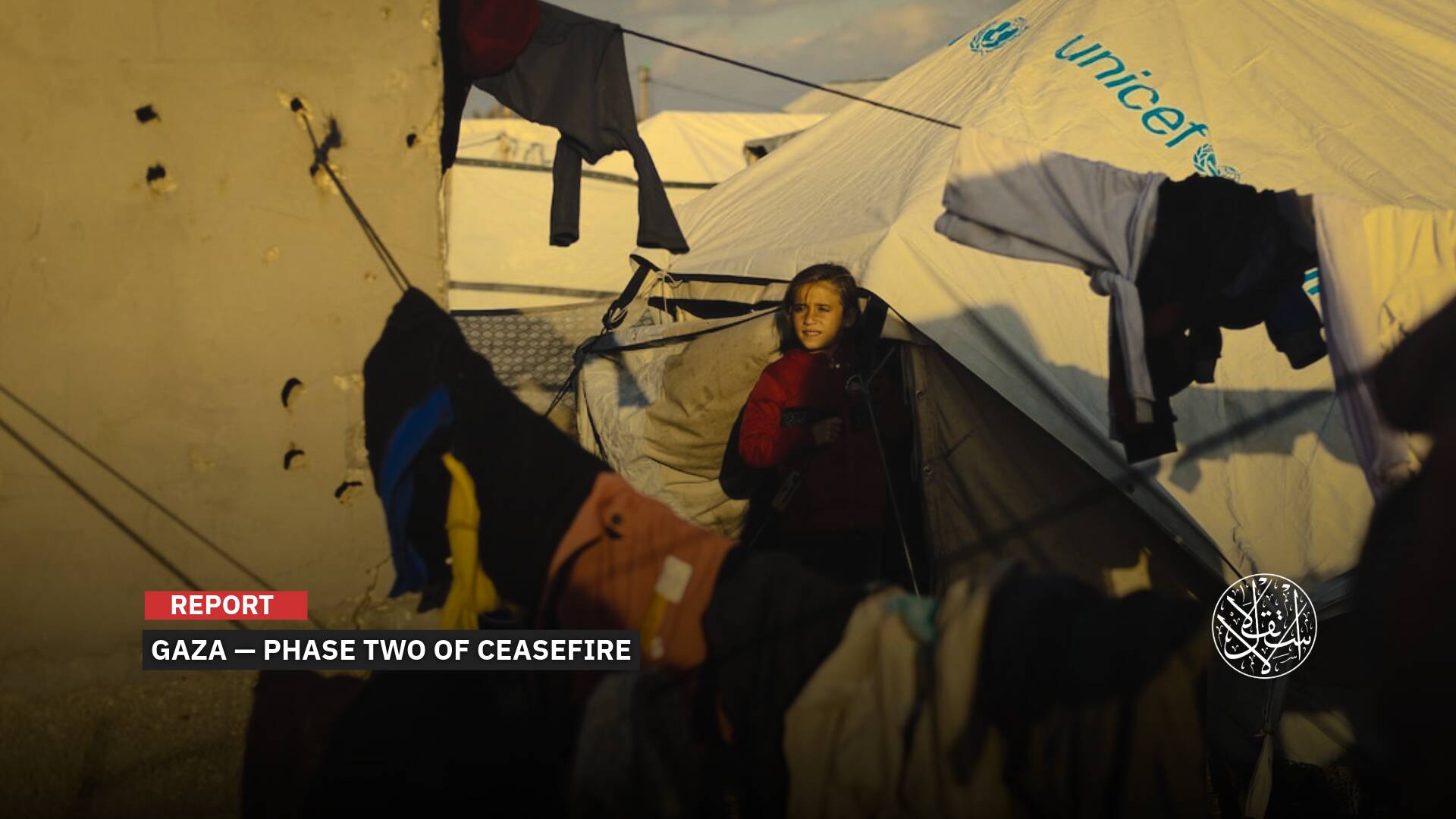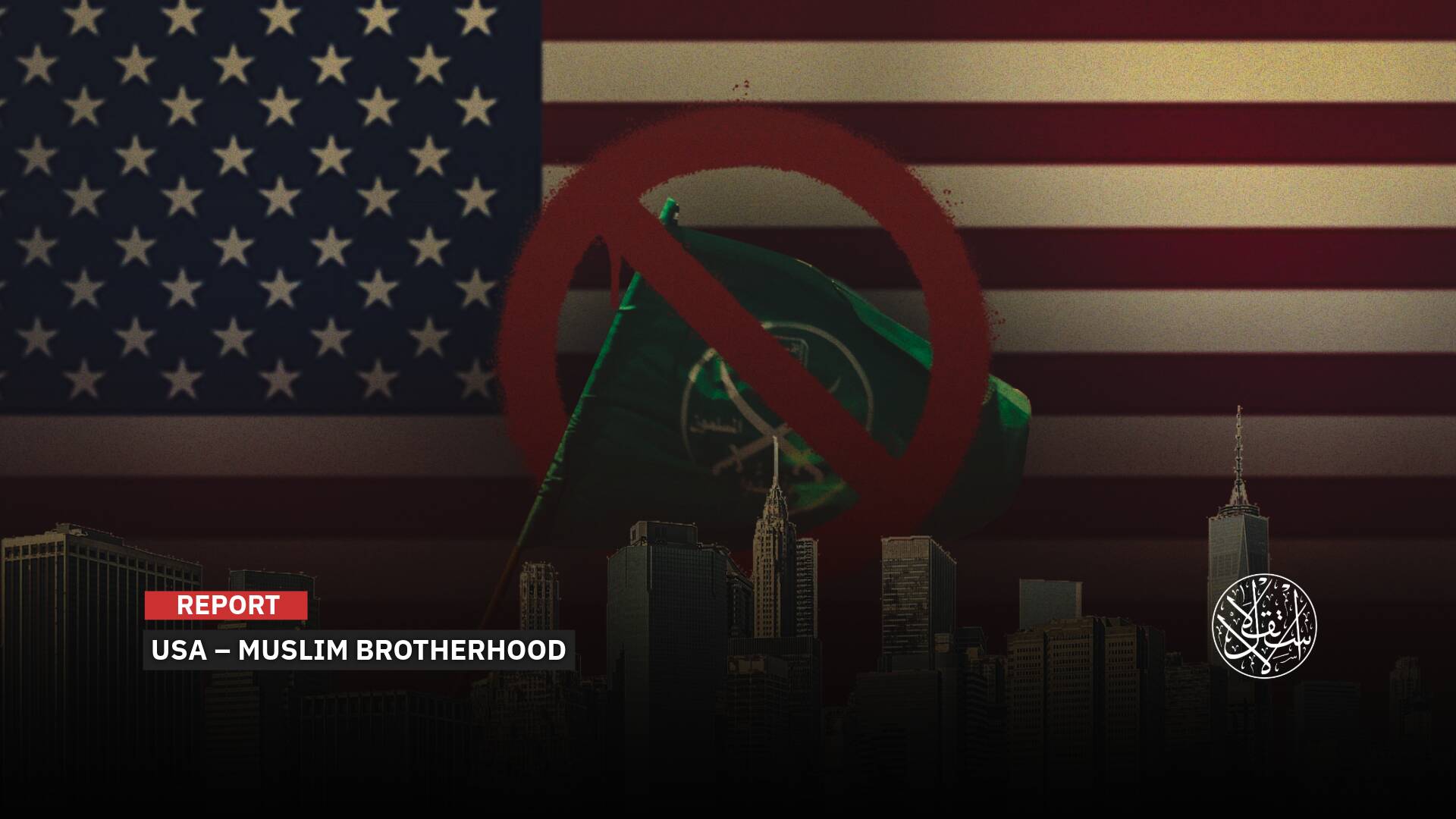Escaping From Mobilization: Is Europe Ready to Receive New Delegations of Russian Refugees?

On September 21, Putin ordered his country's first mobilization since World War II and announced support for a plan to annex large areas of Ukraine, warning the West not to think he is bluffing when he said he is ready to use nuclear weapons to defend Russia.
Immediately, some Russian youth and men rushed to the country's ports after President Vladimir Putin ordered partial mobilization, traffic at border crossings with Finland and Georgia increased, and ticket prices for flights departing from Moscow jumped.
Prices for air tickets to the nearest locations outside the country have risen to more than five thousand dollars, with most flights running out of tickets for the coming days.
Social media groups have surfaced offering advice on how to get out of Russia, while a Russian news site has compiled a list of "Where are you now running away from Russia?" Long lines have appeared at border crossings with Georgia.
Kremlin spokesman Dmitry Peskov called reports of the exodus of conscription-age men from Russia "exaggerated."
Peskov declined to deny Russian media reports that some of the anti-mobilization protesters arrested on September 21’s night had received a summons for military service, saying "this is not against the law."
A tourism industry source told Reuters there was despair and that people were seeking air tickets to leave Russia.
"This request is driven by the panic of people who fear they will not be able to leave the country later. People buy tickets without caring about where they're traveling."

Europe Divided
Russia’s exodus alarmed Europe’s countries as flocks of Russian refugees began to pour into Europe’s borders.
After Vladimir Putin's decision to order a mobilization caused a wave of Russians to abandon the country, Finland will soon become the final EU neighbor to impose a travel restriction on Russian visitors.
The Finnish center-left administration said on Friday evening that it will prevent Russian tourists from crossing the border in the coming days in response to pressure from both the right-wing opposition and the Finnish public, who strongly supported a ban.
President Sauli Niinistö stated to public radio Yle that "the objective and purpose is to considerably lower the number of individuals coming to Finland from Russia."
Border guards said about seven thousand people entered from Russia on Thursday, including about six thousand Russians, which means a 107 percent increase compared to the same day a week ago.
Finnish land border crossings remained among the few entry points available to Europe for Russians after several countries closed borders as well as airspace to Russian aircraft in response to the military offensive on Ukraine.
A border official said cars lined up to 400 meters on Friday at Vaalimaa, the busiest crossing, a longer line than the day before.

The Baltic states and Poland are leading those who are taking a tougher stance against Russia, having already gone further than others in the EU by severely restricting access for Russians with visas.
According to Latvia's foreign minister, Edgars Rinkevics, "Many Russians who now depart Russia because of mobilization were okay with killing Ukrainians. They did not complain then."
There are many nations outside the EU where they can travel and there are significant security dangers in allowing them.
“We shouldn't provide security to deserters,” Lauri Laanemets, Estonia's interior minister, said to local media.
The goal of all of our sanctions to date, which is the collective accountability of Russian citizens, would be fundamentally at odds with that, he said.
German Welcoming
For its part, Germany has announced its readiness to grant asylum to Russians fleeing the army who oppose the partial military mobilization of their country.
Interior Minister Nancy Weiser, in a statement to the public newspaper Frankfurter on Thursday, said dissidents threatened with severe repression could receive international protection in Germany.
"Anyone who bravely opposes the regime of Russian President Vladimir Putin and for this reason falls into great danger can apply for asylum in Germany on the basis of political persecution."
She explained that her country has for months accepted the asylum of Russian dissidents who have been persecuted and threatened.
German Justice Minister Marco Buschmann echoed the interior minister's remarks, saying in a tweet that "anyone who hates Putin's path and loves liberal democracy is welcome in Germany."
Border guards in Estonia, Latvia, Lithuania, Poland, and other EU countries with borders with Russia began returning Russians from crossings at midnight on Monday, saying they should not travel as their country is at war with Ukraine.
Aeroflot, Russia's national carrier, said it would refund the price of tickets to those who could not travel as they planned because they were called up for military service.
A human rights group said Russian police arrested more than 1,300 people on Wednesday during protests denouncing the mobilization.
Concerns
The Russian exodus raised concerns at several levels in the European continent, raising questions about Europe’s readiness to receive a new wave of refugees.
According to the Austrian newspaper the Wiener Zeitung, a few thousand or perhaps tens of thousands of Russian people seeking to flee the fear of conscription would be of little concern, either in Moscow or the nations of sanctuary.
“What if the trickle develops into a torrent, though? There will always be a gap due to Russia's endlessly lengthy borders with Europe,” it mentioned.
Likewise, the biggest daily newspaper in Estonia, Ohtuleht, stated in an article: "On the one hand, we must concentrate on aiding the 57,000 Ukrainian refugees who have been displaced by the attack. For Estonia, this means significant costs.”
“On the other hand, Russian tourists who have passed through Estonia have demonstrated an indifferent and arrogant attitude towards the war. And we cannot rule out the possibility of there being provocateurs whose task is to destabilize the situation in our country among the strong men who would come here,” it mentioned.
From another point of view, Onet.pl, one of the largest Polish web portals, said that accepting Russian deserters is a way of weakening Russia, irrespective of their political views.
“This is not a moral judgment but a purely pragmatic approach. Seen in this light, one of the best and oldest means of undermining the enemy's combat power is to induce enemy soldiers (or future soldiers) to desert. With his mobilization announcement Putin is offering us this opportunity on a silver platter,” it noted.
The EU's executive branch, The European Commission, officially declared on Friday that it was "watching" the situation amid requests for the union to provide its 27 member states instructions on how to handle any arrivals.
At a crucial discussion on Ukraine on September 26, EU ambassadors are scheduled to receive a briefing on the subject.
In March, the EU reached a historic agreement to welcome millions of Ukrainians who were fleeing the Russian invasion—mostly women, children, and elderly people.
Even though some contend that denying the Russians an escape route will ultimately strengthen Putin's war machine, there is significantly less compassion for the Russians, who are primarily young men and could now seek a way out.
European diplomats caution that developing a unified strategy will be challenging, and the Commission is hesitant to get involved until the number of arrivals dramatically increases.
Immigration is a famously contentious issue in Brussels, as member states of the EU actively preserve their control over it.
People entering the EU have a right to apply for asylum, according to European law. However, it is not always given, particularly if there is a security concern.
Anitta Hipper, an EU spokesman, stated that "this is an exceptional circumstance."
“When we look at the situation at the moment in terms of security, we need to take these geopolitical concerns into account and the risks to our security as well,” she said.










